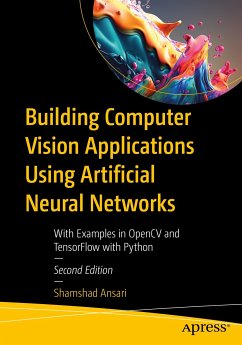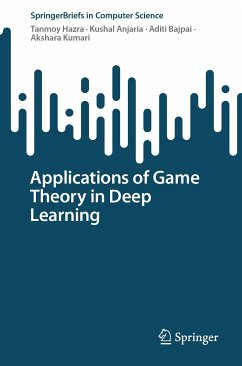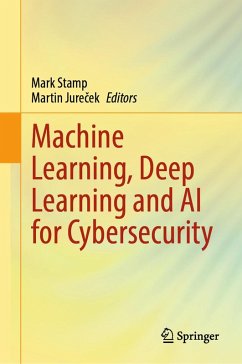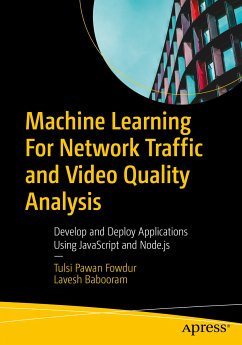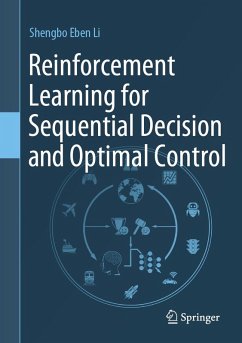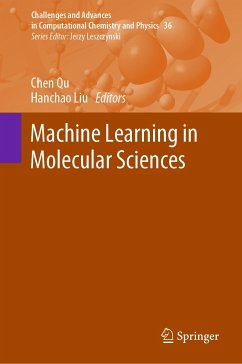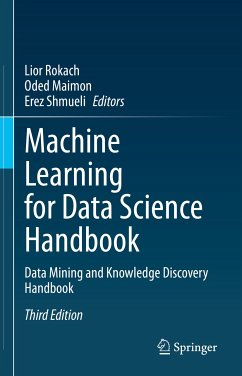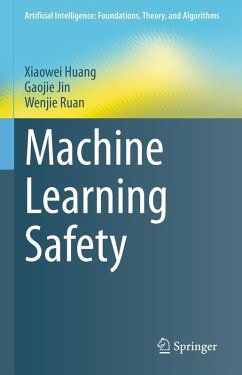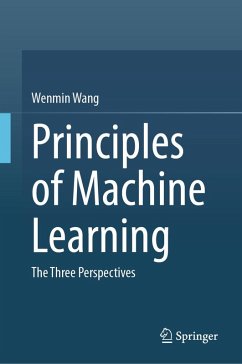Dinesh K. Sharma is a Professor of Quantitative Methods and Computer Applications in the Department of Business, Management, and Accounting at the University of Maryland Eastern Shore, USA. He earned his MS in Mathematics, MS in Computer Science, Ph.D. in Operations Research, and a second Ph.D. in Management. Professor Sharma has over twenty-nine years of teaching experience, has served on several committees to supervise Ph.D. students, and acts as an external Ph.D. thesis examiner for several universities in India. Dr. Sharma's research interests include mathematical programming, artificial intelligence and machine learning techniques, supply chain management, healthcare management, and portfolio management. He has published over 250 refereed journal articles and conference proceedings, two forthcoming edited books (Springer and Taylor & Francis), and has also won sixteen best paper awards. Professor Sharma has collaborated on many funded research grants. Professor Sharma is the Editor of the Journal of Global Information Technology and the Review of Business and Technology Research, is on the editorial board of several journals, and is a paper reviewer for several additional journals and conferences. Additionally, he is a member of Decision Sciences, USA, and a life member of the Operational Research Society of India. He has served as a program chair and coordinator of several international conferences in many countries. H.S. HOTA is a Professor of Computer Science in the Department of Computer Science and Application and Dean Faculty of Science at Atal Bihari Vajpayee University in Bilaspur, India. Prior to joining Atal Bihari Vajpayee University, he worked as an Associate Professor at the same university and as an Assistant Professor at Guru Ghasidas Central University, Bilaspur, India. He earned his Ph.D. from Guru Ghasidas Central University in Bilaspur, India. His research interests include Artificial Intelligence and Machine Learning, Business Intelligence, Information Security including Cloud Security, Data Mining, and Evolutionary Computing, and he has published over 75 refereed journal articles in reputable journals. In the conference proceedings, more than 60 articles have been published. He has also won five best paper awards at international conferences. He has also been to several countries and spoken at international conferences as a keynote speaker. He has three patents related to the application of machine learning in different domains in his credit, and he has published one book and three edited books are in the pipeline from internationally reputed publishers. He is also actively involved in various administrative activities of the university. He is also a member of the editorial boards of five international journals as well as a reviewer for many reputed journals of Elsevier and Inderscience. He is a member of many academic bodies, including the Computer Society of India (CSI) and the Indian Science Congress. Aaron Rasheed Rababaah is an Associate Professor at the College of Engineering and Applied Sciences at the American University of Kuwait (Jan 2016 - Present). He held the following academic positions in the USA: Associate Professor and Assistant Professor at the University of Maryland Eastern Shore, Post-Doc researcher and Instructor at Tennessee State University, and Adjunct Instructor at Indiana University of South Bend. He finished a B.Sc. in Industrial Engineering from the University of Jordan, Jordan, a M.Sc. in Applied Computer Science from the University of Indiana, USA, and a Ph.D. in Computer Information and Systems Engineering from Tennessee State University, USA. He has 5 years of experience in IE and 12 years in teaching at the college level. He has a research interest in Machine Intelligence and Computing Education He has published 4 books, 90 refereed journal and conference papers, and 50 professional presentations. He was awarded several awards in education, research, andindustry. He has supervised, advised, and referred senior projects, master theses, doctoral dissertations, and a number of journals. He has been funded by the USA Department of Defense, the US Army, NASA, USA NSF, and the MD Department of Education.





